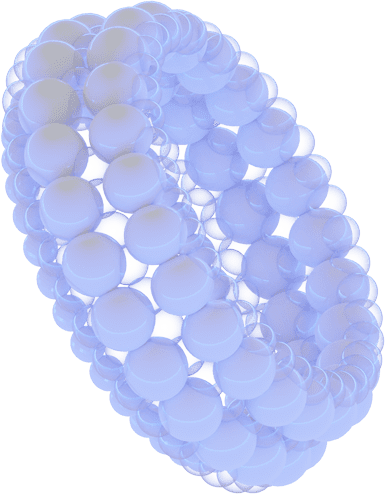
Paul Boone, Chris Wilmer
Tom Green, Kelly Erhart, Eric Matzner
Derek Sutherland
Tom Green, Kelly Erhart, Eric Matzner
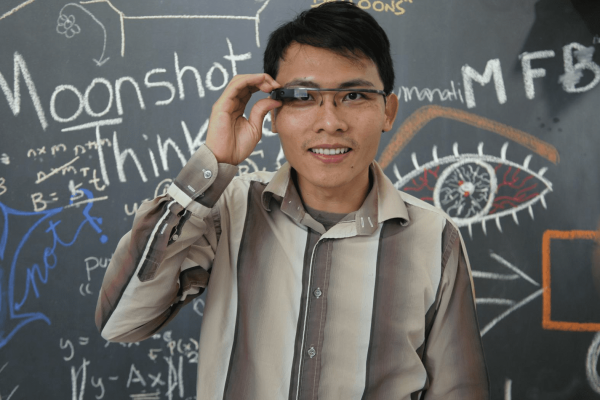
| Inventor and rapid-prototyper |
Tom Chi co-founded Google X and practices a unique approach to rapid prototyping, visioning, and leadership to jumpstart innovative new ideas. He advocates for using transformative technology to engineer a net-positive relationship between humanity and the environment.
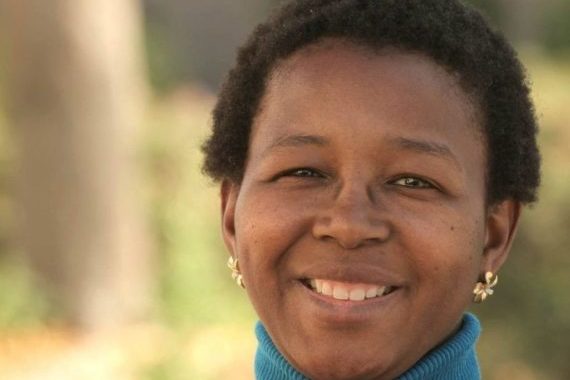
| Scientist and serial entrepreneur |
Linda Maepa brings over two decades of information systems, cybersecurity, and systems science experience to the energy storage sector. She is a multidisciplinary scientist, inventor, and serial entrepreneur that heads ElectronVault’s energy advisory practice from the US and in South Africa.
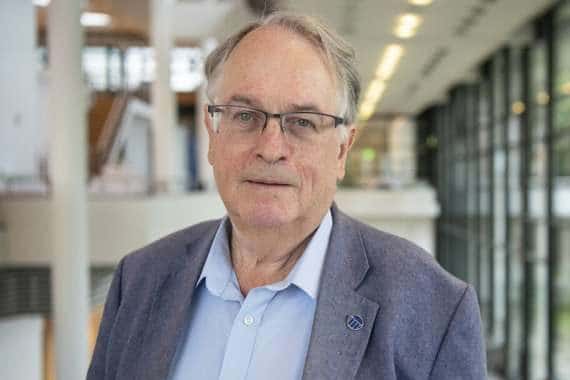
| Nobel Prize in Chemistry |
M. Stanley Whittingham won the 2019 Nobel Prize in Chemistry for his work in developing lithium-ion batteries. He is a distinguished professor of chemistry and materials sciences and engineering and director of the NorthEast Center for Chemical Energy Storage at Binghamton University in New York.
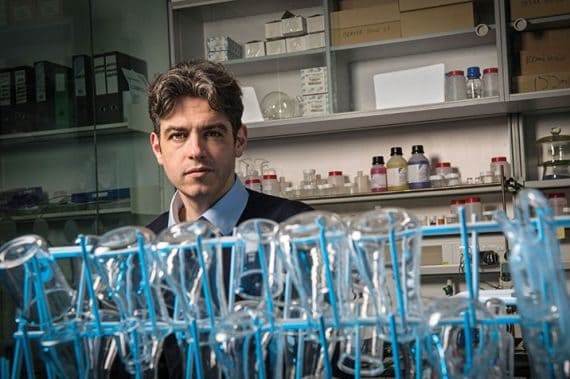
| Professor of Chemistry, Nanoscience and Chemical Complexity |
Lee Cronin’s lab at the University of Glasgow does cutting-edge research into how complex chemical systems, created from non-biological building blocks, can have real-world applications with wide impact revolutionizing modern technology and even creating life. Cronin’s research interests also encompass self-assembly and self-growing structures — the better to assemble life at nanoscale.
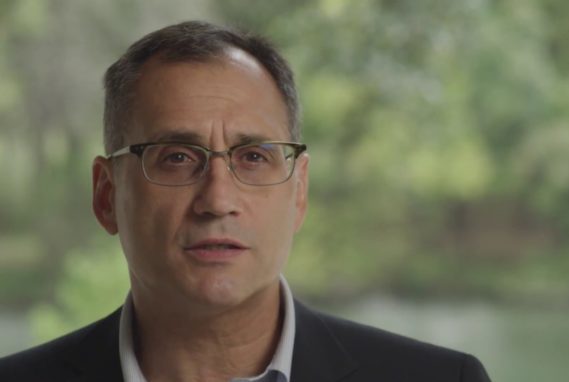
| Program Director at ARPA-E |
ARPA-E is a United States government agency tasked with promoting and funding research and development of advanced energy technologies. There, Dr. Isik C. Kizilyalli’s focus includes power electronics, wide bandgap semiconductors, electronic systems for hostile environments, electrification of transport (aviation, ships, automotive), subsurface instrumentation, novel drilling concepts, medium voltage DC distribution grids, and grid resiliency against EMP and space weather threats
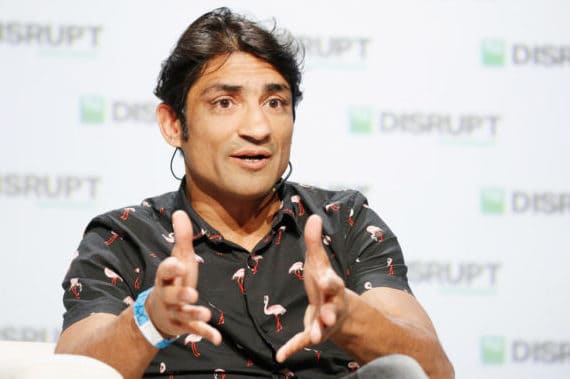
| Biotech Accelerator Founder |
Arvind founded IndieBio, the world’s largest biotech program based seed fund. Joining SOSV in 2013, Arvind became a venture capitalist to invest in biotech and deep science technologies. As a design director of product development and strategy at IDEO, he led the team that designed the Samsung Galaxy Curve, amassed 8 patents, received many international design awards
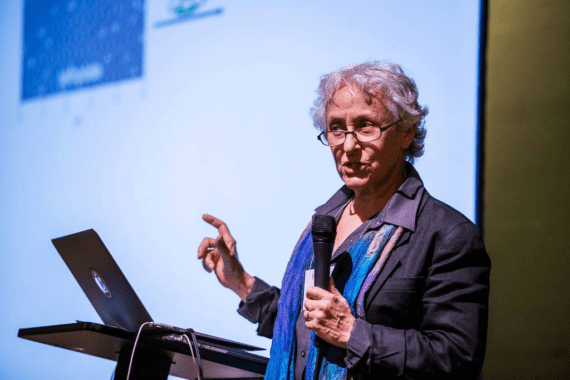
| Industrial-Academic Chemist, Perkin Medalist |
Jane Frommer is known for seminal contributions to understanding the molecular underpinnings of nanotechnology, particularly in the areas of electronically conducting polymers and scanning probe instrumentation. For this work, she will receive the 2020 Perkin Medal, awarded by the Society of Chemical Industry. Her research on the molecular scale at IBM Research, the University of Basel, and numerous start-ups has involved atomic force measurements and manipulation, 3D nanoprinting, DNA origami, and conducting polymers. She is an editor, advisor, collaborator, and board member at the NSF, ACS, Beilstein Institute, universities, and companies in the US and abroad.
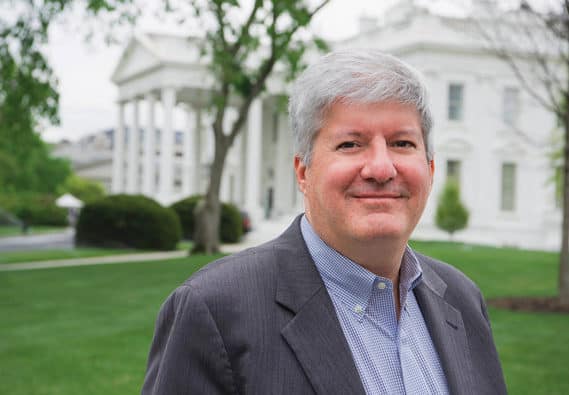
| Moonshots Expert |
As Chief Innovation Officer at Schmidt Futures, Tom Kalil leads initiatives to harness technology for societal challenges, improve science policy, and identify and pursue 21st century moonshots. Tom served in the White House under two Presidents (Obama and Clinton) to design and launch national science and technology initiatives in nanotechnology, the BRAIN initiative, data science, materials by design, robotics, commercial space, and more.
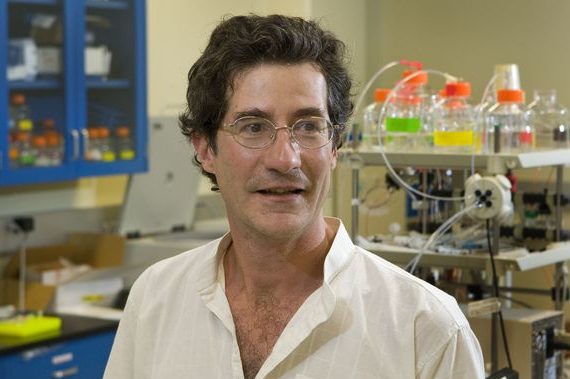
| Head of Lab & Professor of Physics |
Giovanni Zocchi is Professor of Physics at UCLA. The focus of the Zocchi Lab is mechano-chemical coupling in enzymes. The group pioneered the artificial mechanical control of enzymes. For the invention of nano-rheology, Professor Zocchi was awarded the 2017 Feynman Prize in Nanotechnology (Theory).
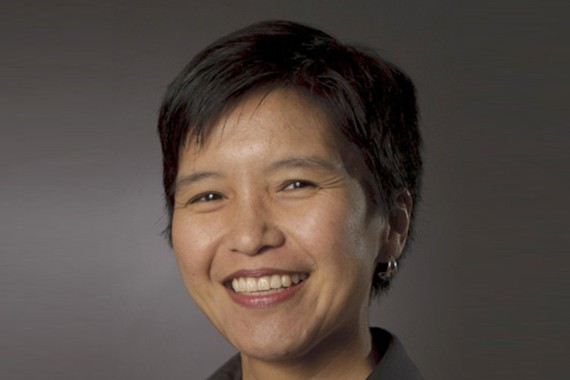
| Associate Professor of Engineering |
Kimberly Hamad-Schifferli is currently Associate Professor of Engineering at University of Massachusetts Boston and Visiting Scientist, Department of Mechanical Engineering, MIT. Her areas of expertise are nanotechnology, nanobiotechnology, nanomaterials, and rapid diagnostics. Her mission is to create a scientific legacy, which means training people that are not only skilled and creative, but also have a strong sense of citizenship and integrity.
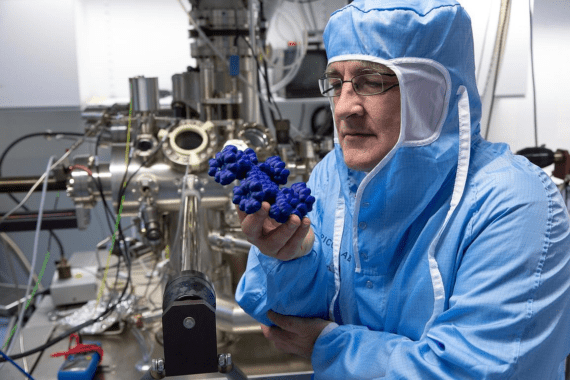
| Director of Research at CEMES-CNRS |
Chrisitian Joachim received his PHD in Applied Mathematics and Quantum Physics. He now specializes in computer science and nanoscience. While taking some time away from France to teach in Singapore, Mr. Joachim began to work on molecular electronics, which was not a well known field at the time. After his first PhD thesis paper on molecular electronics at the nanoscale, he was recruited to become an assistant professor at the University Paul Sabatier in the CNRS Laboratory of Quantum Physics where he worked on the technique for tunneling current intensity through a single molecule interconnect through two electrodes.
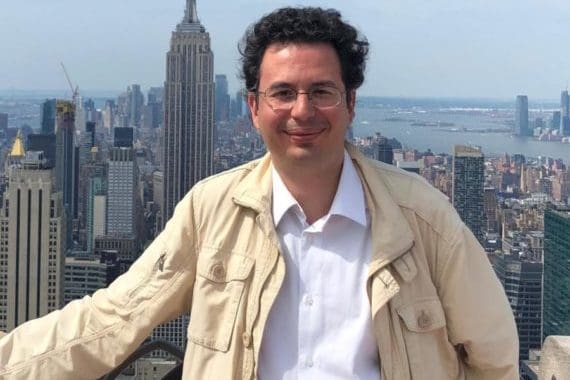
| Molecular Chemist |
Research interest: Supramolecular chemistry, Coordination chemistry, Organic synthesis, Molecular machines.
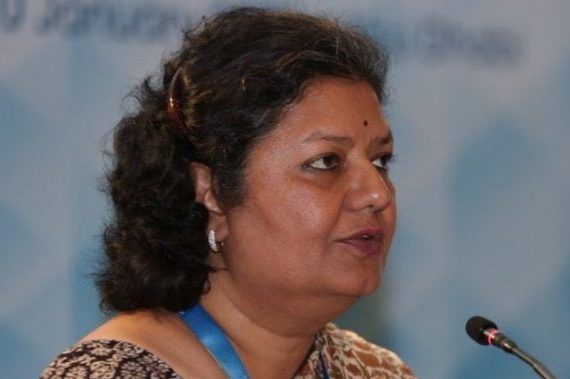
| Sustainable Development Expert |
Gauri Singh is the Deputy Director-General of the International Renewable Energy Agency. Ms. Singh brings more than 30 years of experience in policy, advocacy and project implementation within the field of renewable energy and sustainable development from India and the international system. Additionally, Ms. Gauri has experience working within India’s federal government and was responsible for leading the development of the National Solar Mission of India Policy, an early framework designed to drive solar power development in the nation.
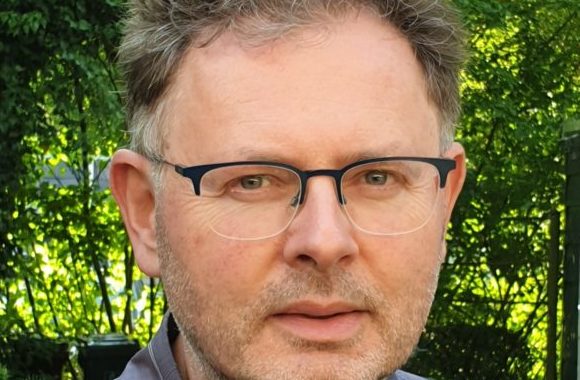
| Lead author Global Climate Report |
Peter Siegmund (1961) has a PhD in physics. He is a climate expert and researcher at the Royal Netherlands Meteorological Institute with interest in atmospheric dynamics, the stratosphere, climate, and climate change. He is lead author of the Global Climate 2015-2019 report of the World Meteorological Organization.
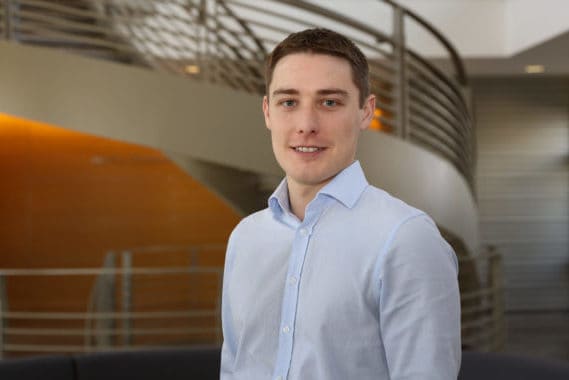
| Researcher and Foresight Fellow in Molecular-Scale Engineering |
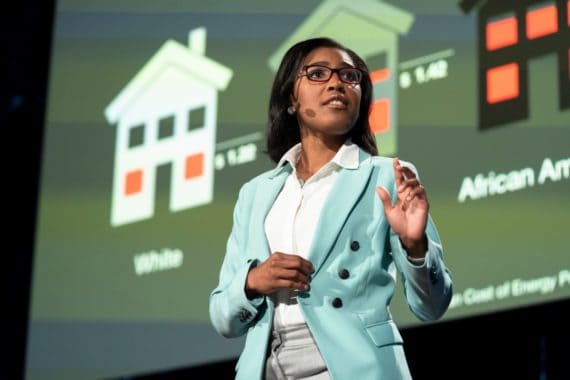
| Environmental justice advocate |
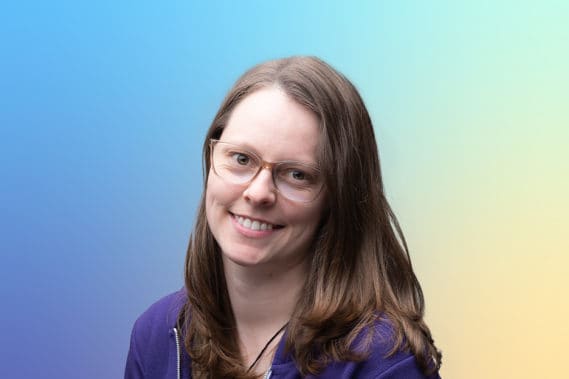
| Impact Strategy Expert |
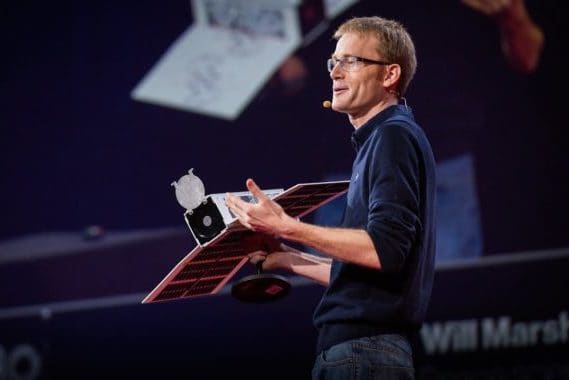
| Space Scientist & Entrepreneur |
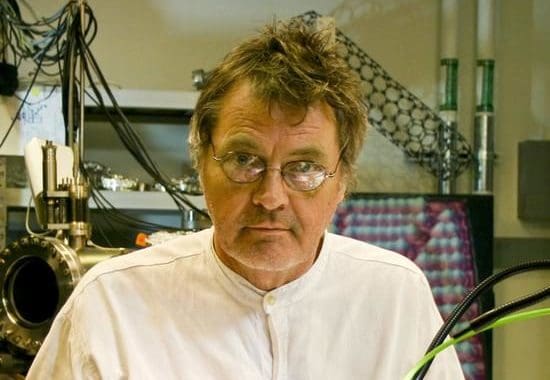
| Biochemistry Professor |
From October 4-25, as your schedule permits, we will schedule personal online sessions with our listed mentors whose advice will help your project become technically sound, effective to address the scale of the problem, well-placed in the global institutional context, and attractive to fund and execute.
Each week is concluded by each team giving a short interim presentation and feedback from your accelerator cohort to integrate this week’s learning and prepare for the final presentations on Sunday, October 25, 10 am-12 pm PDT. A judging committee will evaluate the final project presentations and award the Prizes and Prize money ($5,000 – 1st place, $2,500 – 2nd place, and $1,000 – 3rd place) to the winning teams of the accelerator.
Rather than a full-time program, this accelerator is a supportive project, with each team committing a minimum of 5 flexible hours per week, designed to accommodate existing academia and work schedules.
Foresight Institute steers emerging and world-shaping technologies for beneficial purposes and has done so for more than 30 years. It is our mission to spark innovation across multidisciplinary fields such as synthetic biology, artificial intelligence, longevity, and especially nanotechnology. We serve as a nexus for innovation to catalyze research, reward excellence, restrain recklessness, and create community aimed at the long-term flourishing of humanity and the biosphere.
This accelerator is an iteration of our annual technical competitions, in which multi-disciplinary teams of world-class scientists and engineers compete to generate project proposals that use foundational research to solve crucial problems for humanity. This year, we take the next leap by accelerating existing project ideas into the execution stage.